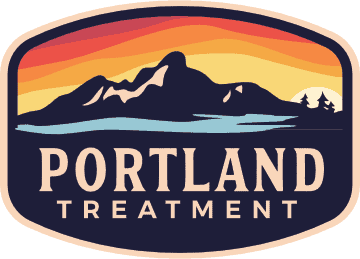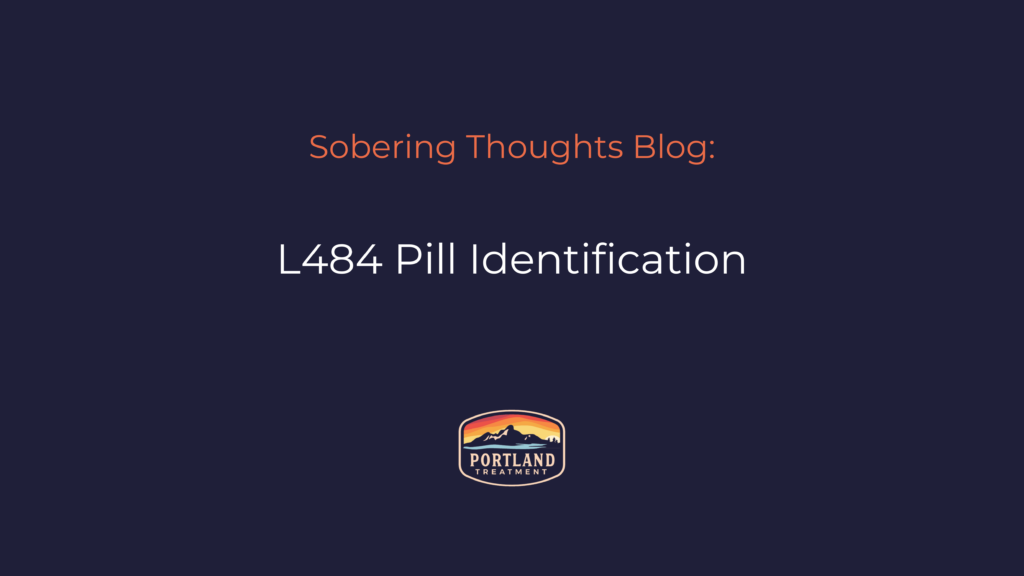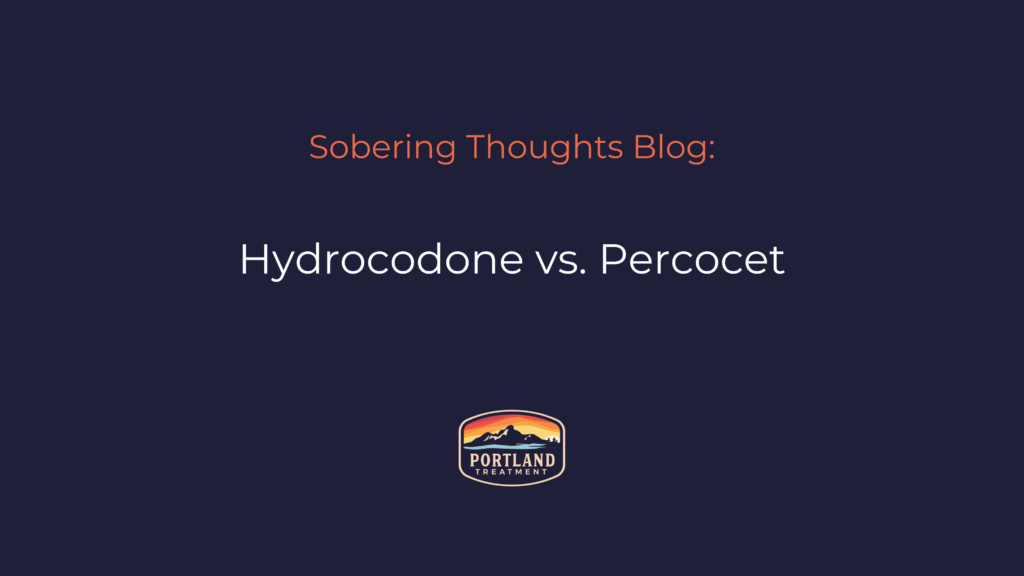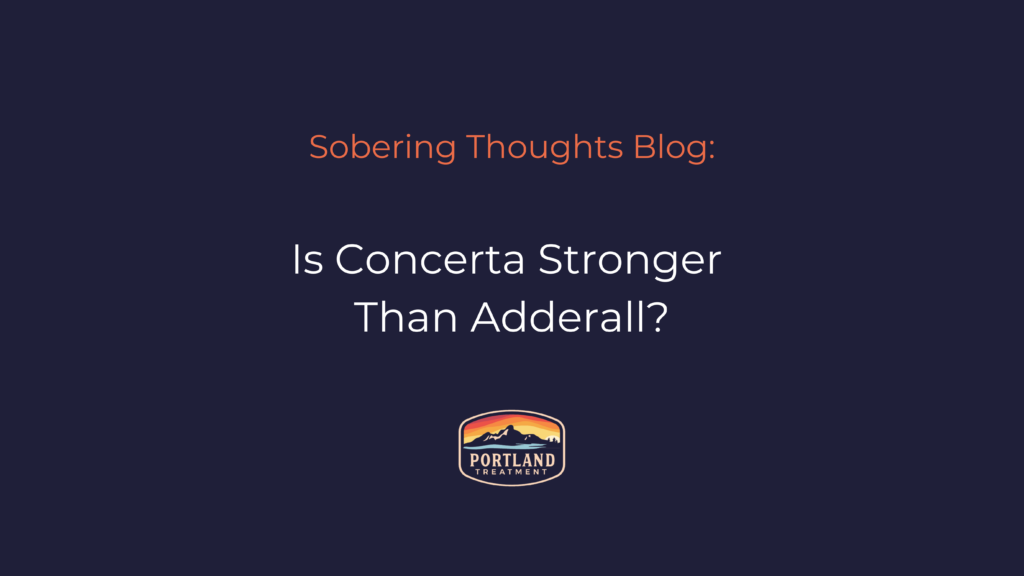Maine's Comprehensive Approach to Substance Abuse Treatment offers a holistic and proactive strategy for addressing opiate use disorders. The Maine Opiate Collaborative's Prevention and Harm Reduction Task Force has developed final recommendations aimed at promoting public health and safety. With a focus on reducing stigma, preventing youth opiate use, and minimizing access to legal opiates, …
Maine’s Comprehensive Approach to Substance Abuse Treatment offers a holistic and proactive strategy for addressing opiate use disorders. The Maine Opiate Collaborative’s Prevention and Harm Reduction Task Force has developed final recommendations aimed at promoting public health and safety. With a focus on reducing stigma, preventing youth opiate use, and minimizing access to legal opiates, the goals and objectives prioritize the well-being of individuals and communities.
Strengthening the public health infrastructure is a key component, emphasizing the implementation of a comprehensive approach to prevention and the local capacity to combat opiate misuse. Accessing treatment is made more accessible with support services for the recovery journey and specialized treatment for opioid use disorder. The article also provides valuable information on related providers and locations, including qualified medical practitioners and designated treatment facilities. This comprehensive guide aims to equip individuals and professionals with the necessary resources and knowledge to address substance abuse in Maine effectively.
Comprehensive Approach to Substance Abuse Treatment in Maine
The comprehensive approach to substance abuse treatment in Maine encompasses a multifaceted strategy aimed at addressing opiate use disorders, promoting public health and safety, and enhancing recovery services for individuals affected by substance abuse.
This approach is underpinned by collaborative efforts involving state agencies, healthcare providers, and community-based organizations, all working in tandem to ensure a holistic response to substance abuse. A key component of this initiative is the mainstreaming of prevention programs in educational institutions and local communities, aiming to reduce the prevalence of substance abuse.
The involvement of task forces and advocacy groups dedicated to harm reduction interventions further bolsters the comprehensive plan, fostering a supportive environment for individuals in need of recovery services.
Maine Opiate Collaborative: Prevention and Harm Reduction Task Force
The Maine Opiate Collaborative has established a dedicated Prevention and Harm Reduction Task Force to address the challenges of opiate use disorders and advance public health safety through strategic prevention frameworks and community capacity building.
Final Recommendations for Addressing Opiate Use Disorders
The final recommendations for addressing opiate use disorders encompass a holistic approach, incorporating recovery services, medication-assisted treatment, and proactive substance abuse prevention measures to mitigate overdose deaths and enhance emergency medical services response.
Combining comprehensive recovery services with accessible and culturally appropriate medication-assisted treatment (MAT) can significantly improve the trajectory of individuals struggling with opiate use disorders. These services should include a range of interventions such as counseling, vocational support, housing assistance, and peer support programs to address the multifaceted needs of those in recovery.
Fostering collaboration between healthcare professionals, community organizations, and law enforcement agencies can bolster substance abuse prevention efforts, targeting vulnerable populations and providing education on the risks associated with opiate misuse.
By integrating these strategies, communities can create a recovery-oriented system of care that emphasizes early intervention, harm reduction, and sustained support for individuals dealing with opiate use disorders.
Goals and Objectives
The goals and objectives of the comprehensive approach to substance abuse treatment in Maine are designed to address opiate use disorders, enhance public health safety, reduce opiate use, implement a prescription monitoring program, and build community capacity through strategic prevention frameworks and education campaigns.
Ensuring effective treatment for individuals dealing with opiate use disorders is a key focus of the initiatives in Maine. By promoting public health safety, the aim is to not only address current usage but also to prevent future opiate misuse.
The implementation of a prescription monitoring program is crucial in controlling the availability and distribution of opioids, helping to curb misuse and diversion.
Education campaigns play a vital role in creating awareness and understanding about the risks associated with opiate use and the available support systems for those affected.
Goal 1: Promote Public Health and Safety
The primary goal of the comprehensive approach is to promote public health safety by addressing opiate use disorders, reducing opiate use, and minimizing overdose deaths through enhanced emergency medical services response.
Key initiatives include the implementation of community-based awareness programs to educate the public on the risks of opiate use and the availability of treatment options. Efforts are being made to expand access to naloxone, a life-saving medication that can reverse opioid overdoses and prevent deaths.
The integration of telemedicine services into emergency medical response systems is being explored to provide timely interventions for individuals at risk of overdose. The enhancement of addiction treatment services and the integration of mental health support into primary care settings play pivotal roles in addressing opiate use disorders and promoting overall public health safety.
Objective 1: Reduce Stigma Surrounding Opiate and Heroin Use Disorder
One of the critical objectives is to reduce the stigma surrounding opiate and heroin use disorders, fostering an environment conducive to substance abuse prevention and holistic treatment approaches.
Efforts to achieve this include community education programs that aim to dispel misconceptions and increase understanding of addiction as a disease rather than a moral failing. Initiatives focused on enhancing access to evidence-based treatments and support services play a pivotal role in addressing the prejudices associated with opioid use disorders.
Creating partnerships between healthcare, law enforcement, and social service agencies also contributes to building a more supportive environment for individuals struggling with substance use disorders.
Objective 2: Prevent Youth Opiate Use and Associated Risk Factors
Efforts are directed towards preventing youth opiate use and mitigating associated risk factors through targeted substance abuse prevention initiatives and comprehensive education campaigns.
These prevention initiatives involve community-based programs, school-based interventions, and youth-focused outreach efforts that aim to increase awareness of the dangers of opiate use and reduce the availability of opioids in communities.
Educational campaigns utilize multiple channels, including social media, school curriculums, and public service announcements to deliver messages about the risks of opiate use and the importance of making healthy choices.
Objective 3: Minimize Access to Legal Opiates
An essential objective involves minimizing access to legal opiates through the implementation of a robust prescription monitoring program and proactive substance abuse prevention measures.
The prescription monitoring program is designed to track opioid prescriptions, identify any suspicious or excessive prescribing patterns, and prevent doctor shopping and diversion of prescription drugs.
Proactive substance abuse prevention initiatives focus on educating healthcare providers and patients about the risks of opioid medications, promoting non-addictive pain management alternatives, and expanding access to addiction treatment and recovery resources. These strategies aim to reduce the availability of opiates for non-medical use, mitigate the likelihood of addiction development, and ultimately enhance public health and safety.
Objective 4: Decrease Drug-Affected Births
Efforts are channeled towards decreasing drug-affected births by addressing opiate use disorders and implementing comprehensive substance abuse prevention initiatives and supportive recovery services.
This includes community education programs that raise awareness about the risks of substance abuse during pregnancy and the importance of seeking treatment. Collaborations between healthcare professionals and social service agencies ensure that pregnant individuals receive the necessary support and counseling to overcome opiate use disorders.
Interventions such as medication-assisted treatment and access to prenatal care are being expanded to reach more individuals at risk, aiming to reduce the incidence of drug-affected births and support healthier outcomes for families.
Objective 5: Lower Opiate Overdose and Death Rates
A paramount objective is to lower opiate overdose and death rates through enhanced emergency medical services response and proactive substance abuse prevention measures.
Addressing the opiate crisis involves integrating naloxone distribution programs and equipping first responders with overdose-reversing medications. Promoting public education campaigns to raise awareness about the dangers of opiate misuse and providing access to counseling and treatment facilities are pivotal. Collaboration between law enforcement, healthcare providers, and community organizations is essential to develop comprehensive intervention strategies.
Efforts to reduce opiate-related harms also encompass the establishment of safe injection sites and needle exchange programs, along with the expansion of telehealth services for remote counseling and support.
Objective 6: Enhance Recovery Opportunities
Addressing opiate use disorders involves a concerted effort to enhance recovery opportunities, emphasizing the role of medication-assisted treatment and comprehensive substance abuse treatment approaches.
Medication-assisted treatment programs employ a combination of counseling, behavioral therapies, and FDA-approved medications like methadone, buprenorphine, or naltrexone to address opioid addiction. These programs not only help individuals manage withdrawal symptoms and cravings but also provide support for lifestyle changes and mental health issues that often accompany addiction.
Comprehensive substance abuse treatment approaches encompass a range of services, including detoxification, individual and group therapy, life skills training, and aftercare support, with the goal of addressing the complexities of addiction and promoting long-term recovery.
Goal 2: Strengthen Public Health Infrastructure
A pivotal goal is to strengthen the public health infrastructure by implementing strategic prevention frameworks, building community capacity, and leveraging the expertise of organizations such as the Maine CDC.
One initiative involves developing comprehensive public health policies that address the diverse needs of communities while promoting equity and inclusion. By prioritizing the allocation of resources for preventive measures, public health interventions can be strategically aligned to target the most pressing health concerns.
In addition, collaborative efforts with local healthcare providers and public health agencies play a crucial role in implementing evidence-based interventions that directly address community-specific health disparities. These partnerships facilitate the dissemination of best practices and the implementation of culturally competent approaches to meet the unique needs of various populations.
Investing in technology and data infrastructure can enhance surveillance capabilities, enable timely outbreak response, and inform targeted interventions. By utilizing resources to build a robust information system, public health entities can effectively track trends and patterns, enabling proactive measures to mitigate potential risks and improve health outcomes.
Objective 1: Implement a Comprehensive Approach to Prevention
One of the primary objectives is to implement a comprehensive approach to prevention, focusing on public health safety, strategic prevention frameworks, and the expertise of organizations such as the Maine Office Substance Abuse Mental Health Services.
This involves developing and implementing evidence-based practices, policies, and interventions to address the various facets of public health safety. Through strategic prevention frameworks, the aim is to collaborate with local communities, government agencies, and healthcare providers to build effective prevention strategies tailored to specific needs. With the guidance and support of the Maine Office Substance Abuse Mental Health Services and other relevant bodies, the initiatives focus on promoting awareness, providing resources, and fostering community-based responses to substance abuse and mental health challenges.
Objective 2: Build Local Capacity to Combat Opiate Misuse
Efforts are directed towards building local capacity to combat opiate misuse, leveraging the resources and expertise outlined in the Maine Revised Statutes, Title 5, and focusing on community capacity building.
One of the key initiatives is to enable local healthcare providers with the necessary training and support to identify and address opiate misuse within their communities. This involves comprehensive education and skill-building programs that align with the guidelines of the Maine Revised Statutes, Title 5, thus enabling healthcare professionals to play a proactive role in combating this critical issue.
Accessing Treatment
Accessing treatment for individuals affected by substance abuse and opioid use disorders encompasses a range of recovery services and specialized substance abuse treatment options, including medication-assisted treatment.
Recovery services may include counseling, therapy, and support groups, providing comprehensive care to address the physical, mental, and emotional aspects of substance abuse and opioid use disorders.
Specialized substance abuse treatment options such as residential treatment programs, outpatient programs, and dual diagnosis treatment offer customized approaches tailored to each individual’s needs.
The role of medication-assisted treatment involves the use of medications, such as methadone, buprenorphine, or naltrexone, in combination with counseling and behavioral therapies to support recovery and reduce the risk of relapse.
Support Services for Recovery Journey
Support services play a crucial role in the recovery journey for individuals undergoing substance abuse treatment, with a focus on peer support and the resources outlined in the Maine Revised Statutes, Title 5.
These support services encompass a wide array of resources, including counseling, therapy, and educational programs. Peer support, in particular, is a cornerstone, providing individuals with a network of understanding and empathy. Whether through group meetings or one-on-one interactions, peers offer invaluable insights and encouragement.
The utilization of resources outlined in the Maine Revised Statutes, Title 5, ensures compliance with legal frameworks and access to additional assistance, such as housing support and vocational training.
Specialized Treatment for Opioid Use Disorder
Specialized treatment options for opioid use disorder showcase a comprehensive approach, including medication-assisted treatment and the resources outlined in the Maine Revised Statutes, Title 5.
Patients with opioid use disorder can benefit from a variety of specialized treatment options. Medication-assisted treatment (MAT) involves the use of medications like methadone, buprenorphine, or naltrexone, combined with counseling and behavioral therapies. This approach effectively reduces withdrawal symptoms and cravings.
Maine Revised Statutes, Title 5, emphasizes the legal framework for the prevention and treatment of substance use disorders. It provides guidelines for access to resources such as counseling, educational programs, and community-based services, fostering a comprehensive support system for individuals struggling with opioid addiction. The integration of these resources ensures a holistic approach to treatment, addressing physical, psychological, and social aspects of the disorder.
Related Providers and Locations
A network of related providers and locations, including Maine CDC, ATTC, Aroostook Mental Health Services, SAMHSA, and Wabanaki Health Wellness, forms the foundation of the comprehensive approach to substance abuse treatment.
This collaborative network of entities plays vital roles in providing a range of services for individuals struggling with substance abuse.
The Maine CDC offers expertise in public health and prevention programs, while the ATTC focuses on workforce development and training.
Aroostook Mental Health Services is dedicated to offering integrated behavioral and mental health care.
SAMHSA, the Substance Abuse and Mental Health Services Administration, provides grant funding and guidance to support evidence-based practices.
Wabanaki Health Wellness contributes essential culturally competent care and resources for tribal members across Maine as part of this comprehensive initiative.
Qualified Medical Practitioners
The involvement of qualified medical practitioners is pivotal in delivering recovery services and specialized substance abuse treatment, particularly in the administration of medication-assisted treatment.
Medical practitioners with specialized training and expertise play a crucial role in providing comprehensive care to individuals battling substance abuse. Their ability to assess the patient’s medical history, mental health status, and substance use patterns is essential in tailoring a personalized treatment plan. Their knowledge of pharmacology and physiology enables them to administer medication-assisted treatment with precision and monitor the patient’s response effectively. This level of medical oversight ensures safer and more effective outcomes in the recovery process.
Designated Treatment Facilities
Designated treatment facilities play a crucial role in providing comprehensive recovery services and specialized substance abuse treatment for individuals affected by opioid use disorder and other substance use disorders.
These facilities are designed to address the complex needs of individuals struggling with addiction, offering a range of evidence-based treatments, including medication-assisted therapy, counseling, and behavioral therapies. They provide a supportive environment for patients to receive personalized care, ensuring that they have access to the resources necessary for their recovery journey.
Designated treatment facilities employ multidisciplinary teams of healthcare professionals, including physicians, therapists, and social workers, who collaborate to develop individualized treatment plans tailored to each patient’s specific needs. These facilities also focus on educating patients and their families about addiction, relapse prevention, and coping strategies to promote long-term sobriety and wellness.
Comprehensive and Compassionate Addiction Treatment at Portland Treatment in Maine
At Portland Treatment in Maine, we are deeply committed to providing comprehensive and compassionate care for those struggling with addiction. Our approach is holistic, focusing on the individual as a whole, rather than just the symptoms of addiction. We understand that each journey to recovery is unique, and our expert team is dedicated to creating personalized treatment plans that cater to the specific needs and circumstances of each client.
Our facility offers a wide range of services designed to support individuals at every stage of their recovery journey. From initial detoxification to inpatient rehab, outpatient programs, and ongoing aftercare support, we ensure a continuum of care that fosters lasting recovery. Our treatment modalities include evidence-based therapies, innovative treatment techniques, and holistic approaches that encompass mental, physical, and emotional health.
Recognizing the importance of a supportive environment in the recovery process, Portland Treatment provides a nurturing and safe space where individuals can heal and grow. Our programs are designed to empower clients, helping them develop the skills and resilience needed to overcome addiction and rebuild their lives. Family involvement is also a key component of our approach, as we believe in healing and strengthening family relationships as part of the recovery journey.
At Portland Treatment, we pride ourselves on our team of highly qualified professionals who bring a wealth of experience and expertise to our programs. Our staff includes licensed therapists, medical professionals, and addiction specialists who are passionate about helping individuals achieve sobriety and wellness. We are constantly evolving our practices to incorporate the latest research and best practices in addiction treatment, ensuring the highest standard of care for our clients.
Choosing Portland Treatment in Maine means choosing a path to recovery that is supported by expertise, compassion, and a commitment to excellence. We are not just a treatment center; we are a community dedicated to helping individuals and their families overcome the challenges of addiction and move forward to a brighter, healthier future.






